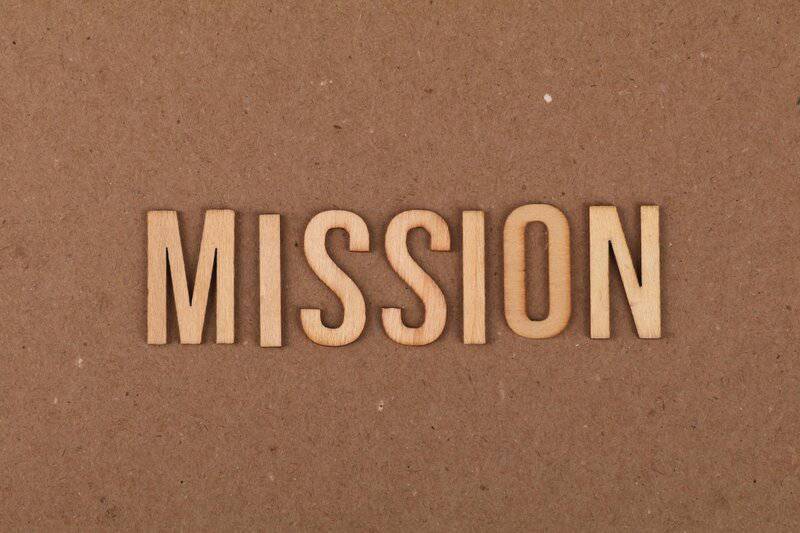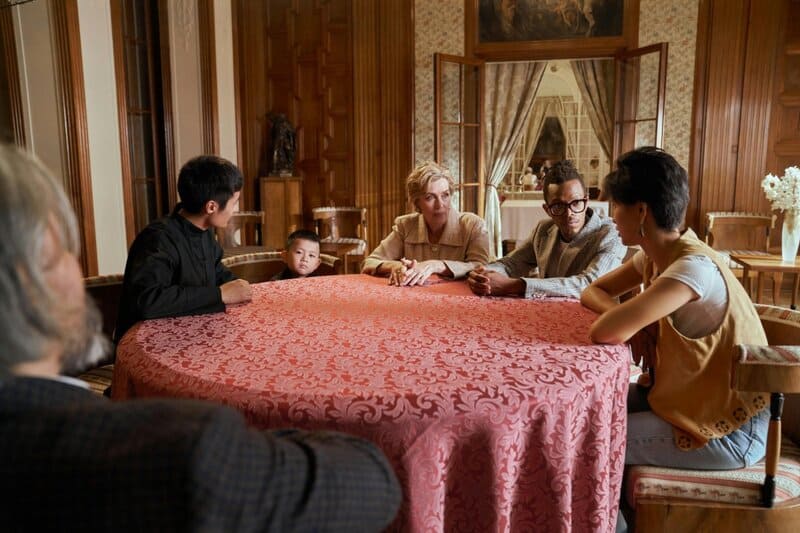In our fast-paced world, it’s common to set ambitious goals—only to leave many of them unfinished. The pressures of modern life, from shifting priorities at work to evolving family needs, make it difficult to see every project through. Sometimes, what once felt urgent loses its importance as we grow or change direction. Rather than viewing incomplete goals as failures, it’s valuable to consider them as markers of our journey and evolution. Embracing this perspective allows us to treat ourselves with compassion and focus on the growth embedded in the process, not just the outcomes.



















